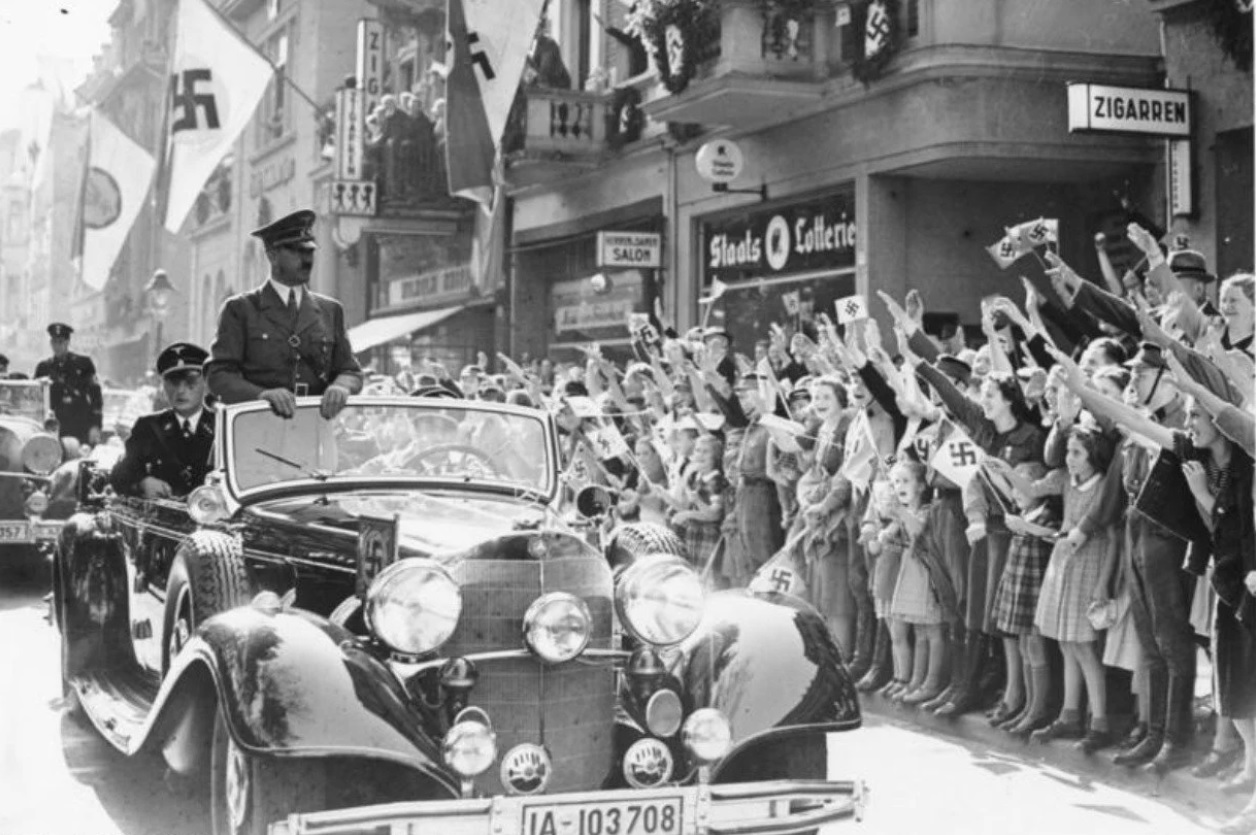According to R. Zitelmann and Jü.W. Falter
There are countless theories as to why so many Germans joined Hitler's party, the National Socialist German Workers' Party (NSDAP), but this topic has received little research. Jurgen W. Falter, widely known in the world as the leading researcher of voters and members of the NSDAP (he wrote two reference works on the subject, totaling more than 1000 pages), has now studied new historical sources that provide answers to these questions.
There are a total of 10,000 pages of text—some from the Third Reich, others post-Reich—that shed light on what motivated people to join Adolf Hitler and his movement. Falter and his team systematically analyzed these sources using the latest computer techniques.
Falter's conclusions in his new book Wie ich den Weg zum Führer fand (How I Found My Way to the Fuehrer) are sure to surprise some readers. The NSDAP was an anti-Semitic party, but anti-Semitism did not matter, or at least was not mentioned in the sources as a motive for 60 percent of the people who became members of the party. Even for the 40 percent whose statements indicate that they share the anti-Semitic views of the party, this was not necessarily the main motive for joining. Although anti-Semitism was an important feature of Hitler's speeches in the early 1920s, it hardly figured as a motive in the speeches of his rise to power (1929-1932). Hitler knew that he would not be able to win over the majority of Germans with hostility towards the Jews, and now Falter shows "that anti-Semitism was the main motive for joining the party only for a minority of the NSDAP members."
To be sure, most of the 10 million Germans who joined the NSDAP between 1919 and 1945 did so after 1933. Many of them joined the party out of opportunism and for personal gain, not for ideological reasons. The situation was different for those who joined the party before 1933. Among the early members, nationalism and anti-Marxism played a very important role, as did socialist convictions.
Many people were drawn to the idea of the Volksgemeinschaft ("national community"), a concept often associated with anti-capitalism. By the way, this is especially true of anti-Semites among the members of the NSDAP, who also often shared socialist ideas. “It may seem surprising that the anti-Semites among the party members we studied were often socialist in outlook,” writes Falter. The roots of the connection between the Volksgemeinschaft, socialism, and hostility towards Jews can be found in anti-capitalism, as Hannah Weber writes in the chapter "Antisemitism as a motive for joining the party."
It is interesting to note that quite a few party members came from "social democratic or Marxist oriented families," as Falter's analysis confirms. The experience of World War I also shaped many National Socialists. “For propaganda purposes,” explains Falter, “Hitler and the NSDAP, with their promise of a Volksgemeinschaft that would overcome class antagonisms, combined with the link between nationalism and socialism implied in the name of their party, successfully used the desire of many Germans for national harmony and unity, grown out of popular unity, the experience of front-line and trench socialism.
Read also:
Execution in Dnipro and resuscitation of the Normandy format: Top 5 events of the week


